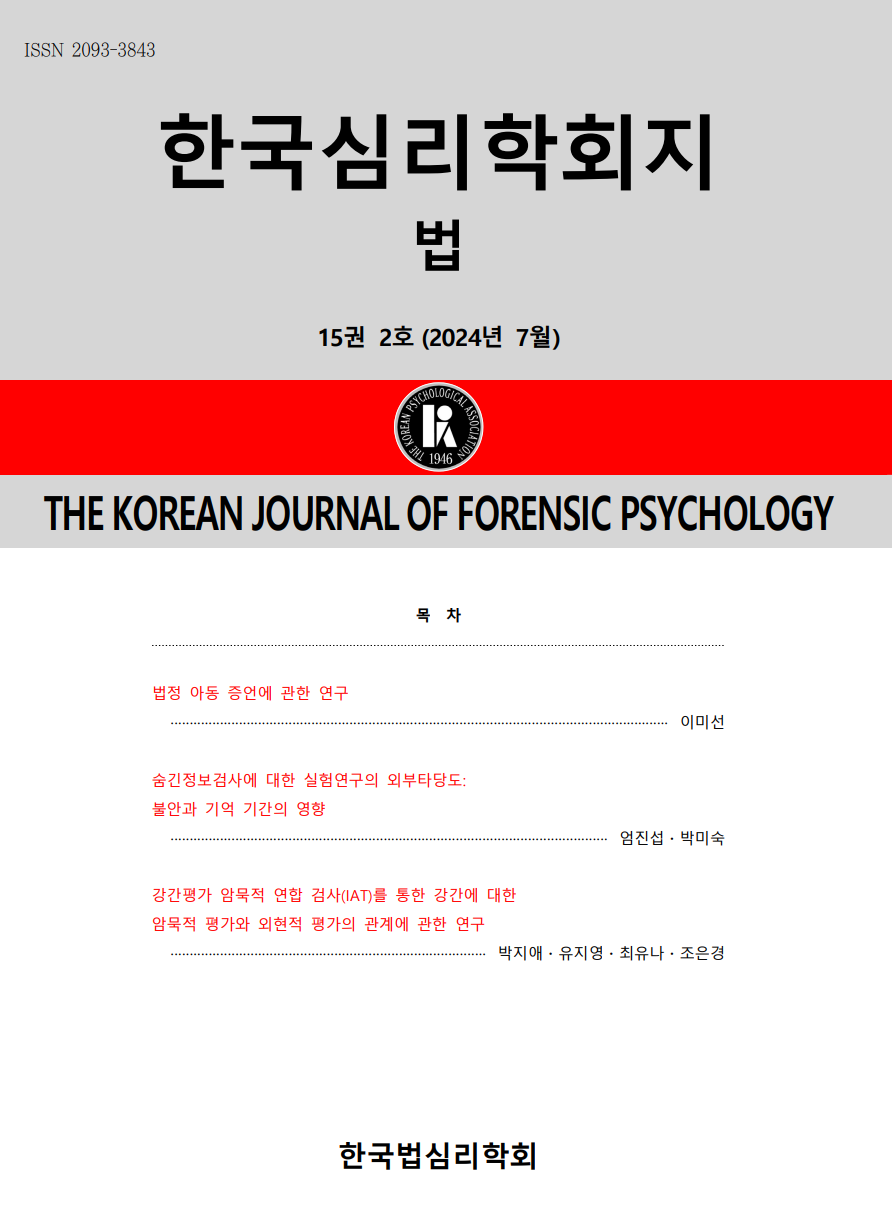open access
메뉴
open access
메뉴 ISSN : 2093-3843
ISSN : 2093-3843
The aim of this paper is to explain the recent expansion of female prostitution and of HIV/AIDS as its consequence in the Philippines and Thailand. In section two was presented an overview of the major theoretical frameworks within which prostitution has been analysed. Sections three provided an overview of sexuality and gender relations in the Philippines and Thailand. It could be focused in particular on how they have changed historically and also explained how changing conceptions of sexuality have been utilised by the Philippine and Thai governments for political and economic purposes. Section four briefly compared the situation in the two countries, emphasising the economic reasons why women choose prostitution aspect of criminological perspectives. The recent expansion of prostitution in the Philippines and Thailand is caused by the growth of foreign presence as a result of specific development strategies. It is based on and reinforces patriarchal ideology. Because of the importance of earning foreign currency, the Philippine and Thai governments have promoted tacitly prostitution in tourism and labour-export. Prostitution is a rational choice for some women who suffer from poverty, because of recent socio-economic transformations, lack of education and employment opportunities. Moreover, certain cultural factors encourage women to enter prostitution. However, prostitution is technically illegal in both countries and because of this legal status; prostitutes are put in a vulnerable position in society. If prostitution is accepted as work, legal provisions like other occupations should be provided. In the countries studies, prosperity has for too long been dependent on the continuation of female subordination and poverty, and they have neglected to pay attention to the long-term effect of HIV/AIDS on prostitutes.